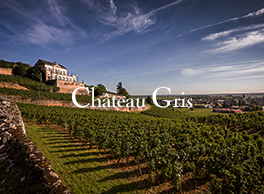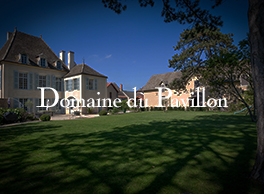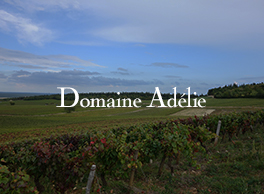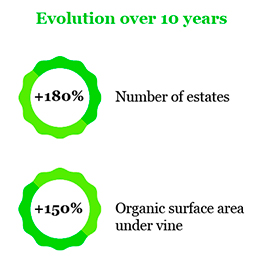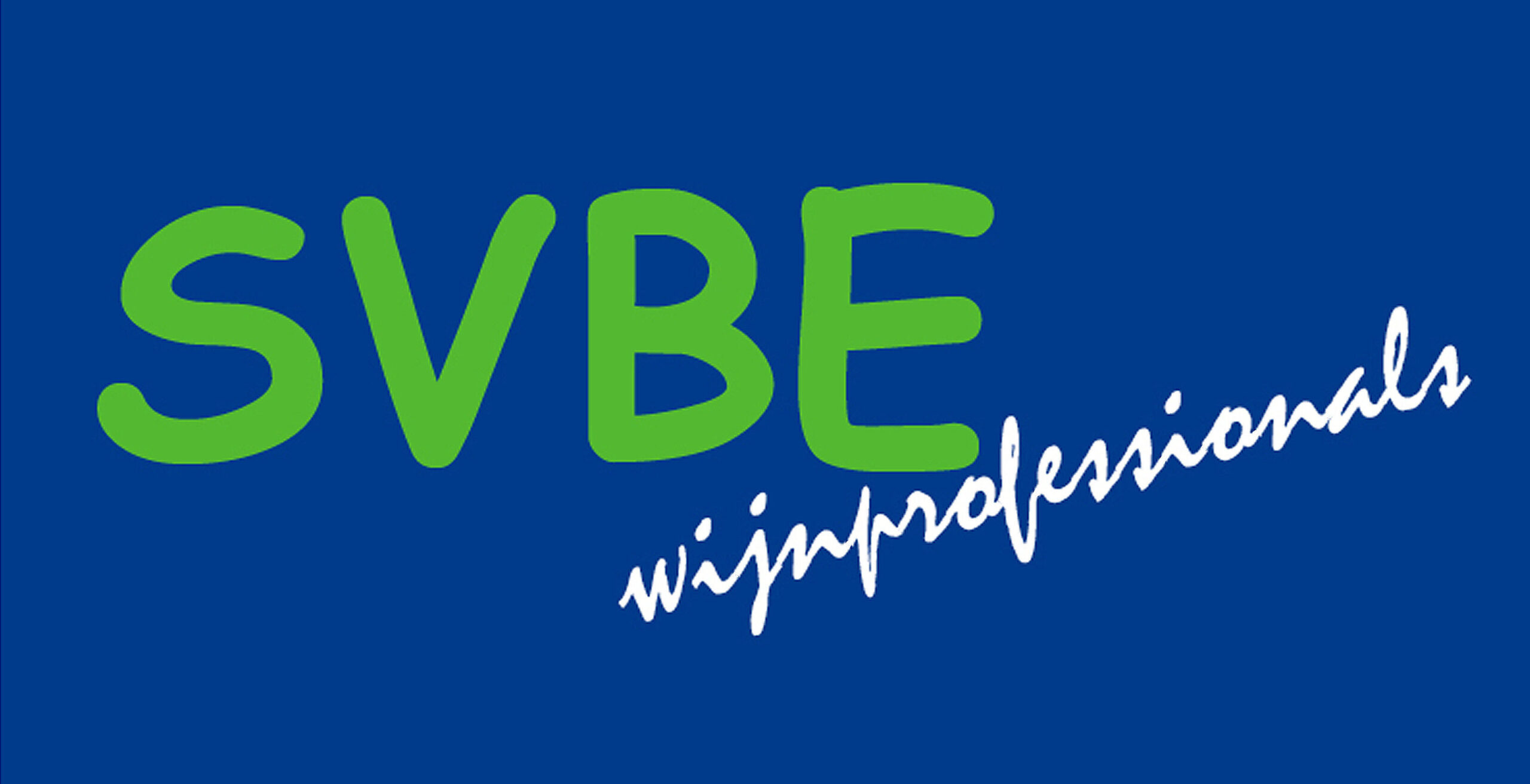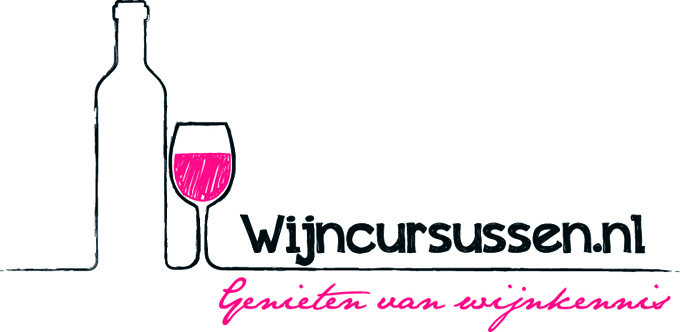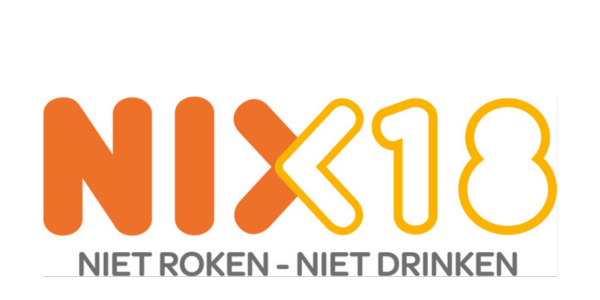
An independent, family-run wine House located in Beaune since 1831, Albert Bichot has reached a crucial stage in its development. Beginning with the 2018 vintage, which has just been released from the cellars, the wines from the Côte d’Or and Côte Chalonnaise estates now boast “organic wine” certification on their labels.
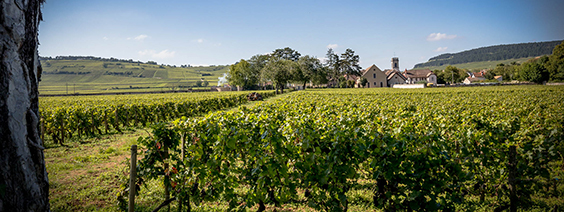
An undertaking that began 20 years ago
After having already managed its vineyards in an environmentally responsible way during the 1990s, under the impetus of Technical Director Alain Serveau and Christophe Chauvel, who arrived in the early 2000s as manager of the Côte d’Or and Côte Chalonnaise estates, the House decided to convert the plots progressively over to organic viticulture. This undertaking, which required nearly 15 years of work, reflection, as well as both financial and human investment resulted in the granting of “organic agriculture” certification from Ecocert in 2014. Another milestone was reached in 2018, with “organic wine” Ecocert certification attributed in 2018.
“When our estates were certified “organic agriculture”, we chose to not mention it on our labels. However, in the last few years, attitudes have changed – our clients and advocates see the organic label as being a real added value and so it is necessary to make it visible on our bottles” Albéric Bichot, President of Maison Albert Bichot
Christophe Chauvel, manager of the Côte d’Or and Côte Chalonnaise estates adds, “Even though switching over to organic viticulture and organic winemaking presents significant interest, the difficulties, costs, limitations, risks and imperfections that are linked to these practices must not be overlooked. Therefore, long preparatory and progressive work, solid knowledge of the terroirs, and a constant sense of observation are all factors that contribute to their success.”
At Albert Bichot, organic viticulture is one means, among others, to engage in “sustainable” viticulture – diversity in the choice of grapevine plants, the development of biodiversity, and the search for both alternation and alternatives in the choice of plant-care products and how they work in order to allow the vines to develop their natural defence mechanisms. The essential aim is to act out of respect for the terroirs, to ensure their maintenance and preservation, and to bring out all of the characteristics that are unique to each.
4 certified estates
This certification applies to all of the Côte d’Or and Côte Chalonnaise estates: Domaine du Clos Frantin, Château-Gris, Domaine du Pavillon and Domaine Adélie. The 2018 organic white wines will be available in mid-April while the reds will be released in June. The surface area under vine that has been officially recognized for the House’s estates totals 35 hectares. The House also crafts a range of wines from purchased certified organic grapes. To date, the House offers, in total, a selection of 47 organic wines, something that is utterly unique in Burgundy. The move towards “sustainable” viticulture extends to all of the estates, particularly Domaine Long-Depaquit in Chablis, which received HEV (High Environmental Value) certification in 2019.
Albert Bichot and the “Bio-Rencontres”
Domaine du Clos Frantin on 10 March The House of Albert Bichot has been chosen by Bio Bourgogne to host “Bio-Rencontres”, an off event of the Grands Jours de Bourgogne on 10 March at Domaine du Clos Frantin. More than 800 professionals are expected to attend to taste the wines of over 90 organic and biodynamic winemakers from the Bourgogne-Franche-Comté region.
Grands Jours de Bourgogne 2020
Albert Bichot will participate in 5 tastings during the Grands Jours de Bourgogne event, which is organized by the Bourgogne Wine Board (BIVB) and open only to wine professionals:
- Les Portes d’Or de la Bourgogne (Chablis and Grand Auxerrois), 9 March
- Vosne-Romanée Millésime – Noblesse des Clos Vougeot, 10 March
- Quatuor en Harmonie, 10 March
- Terroirs de Corton, 13 March
- Pommard et Volnay tout en nuances, 13 March


